To Be Or Not To Be | #2704 | LeetCode Solution
Author: neptune | 03rd-Sep-2023
Problem : To Be Or Not To Be | #2704 | LeetCode
Write a function that helps developers test their code. It should take in any value and return an object with the following two functions.
1. toBe(val) accepts another value and returns true if the two values === each other. If they are not equal, it should throw an error "Not Equal".
2. notToBe(val) accepts another value and returns true if the two values !== each other. If they are equal, it should throw an error "Equal".
Example 1:
Input: func = () => expect(5).toBe(5)
Output: {"value": true}
Explanation: 5 === 5 so this expression returns true.
Example 2:
Input: func = () => expect(5).toBe(null)
Output: {"error": "Not Equal"}
Explanation: 5 !== null so this expression throws the error "Not Equal".
Example 3:
Input: func = () => expect(5).notToBe(null)
Output: {"value": true}
Explanation: 5 !== null so this expression returns true.
Solution:
/**
* @param {string} val
* @return {Object}
*/
var expect = function(val) {
return {
toBe: function(otherVal) {
if (val === otherVal){
return true
} else {
throw new Error("Not Equal")
}
},
notToBe: function(otherVal) {
if (val !== otherVal){
return true
} else {
throw new Error("Equal")
}
}
}
};
/**
* expect(5).toBe(5); // true
* expect(5).notToBe(5); // throws "Equal"
*/
Explanation:
1. We start by defining a variable except as a function. This function takes one parameter, val, which is the value you want to perform comparisons on.
2. The toBe function is used for checking if val is equal to otherVal. It takes otherVal as its parameter and performs the comparison.
3. If val is equal to otherVal, it returns an object with a value property set to true, indicating that the values are equal.
4. If val is not equal to otherVal, it throws an error with the message "Not Equal."
5. The notToBe function is used for checking if val is not equal to otherVal. It takes otherVal as its parameter and performs the comparison.
6. If val is not equal to otherVal, it returns an object with a value property set to true, indicating that the values are not equal.
7. If val is equal to otherVal, it throws an error with the message "Equal."
#JavaScript #AI #Python #Hackerrank #Motivation #React.js #Interview #Testing #SQL #Selenium #IT #LeetCode #Machine learning #Problem Solving #AWS #API #Java #GPT #TCS #Algorithms #Certifications #Github #Projects #Jobs #Django #Microservice #Node.js #Google #Story #Pip #Data Science #Postman #Health #Twitter #Elon Musk #ML
 Generate Fibonacci Sequence - JavaScript | Hackerank
Generate Fibonacci Sequence - JavaScript | HackerankAuthor: neptune | 07th-Apr-2023
#JavaScript #Hackerrank
Write a JavaScript function fibonacciSequence() to generate a FIbonacci sequence...
 Managing Virtual Environments in React JavaScript Projects
Managing Virtual Environments in React JavaScript ProjectsAuthor: neptune | 28th-Jun-2023
#JavaScript #React.js
Virtual environments are a valuable tool in React JavaScript projects as they allow developers to isolate dependencies, manage package versions, and maintain project consistency...
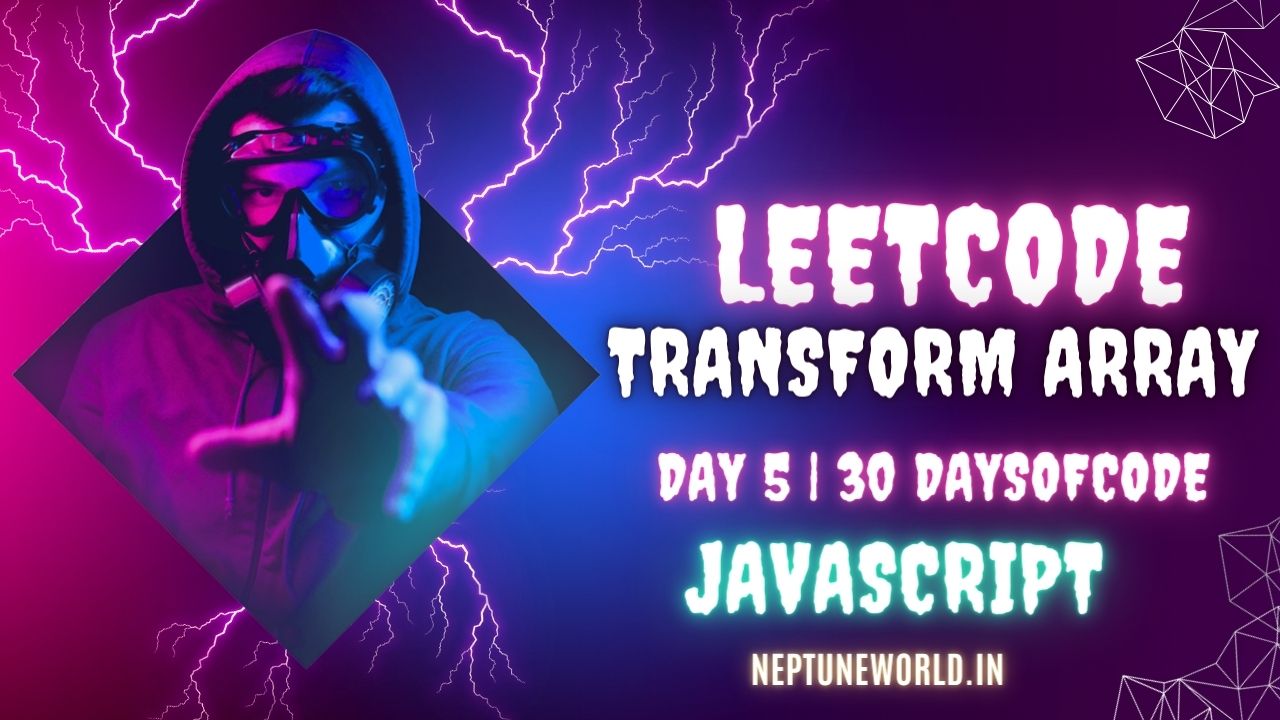 Apply Transform Over Each Element in Array | #2635 | LeetCode Solution
Apply Transform Over Each Element in Array | #2635 | LeetCode SolutionAuthor: neptune | 05th-Sep-2023
#JavaScript #LeetCode
Given an integer array `arr` and a mapping function `fn`, return a new array with a transformation applied to each element...
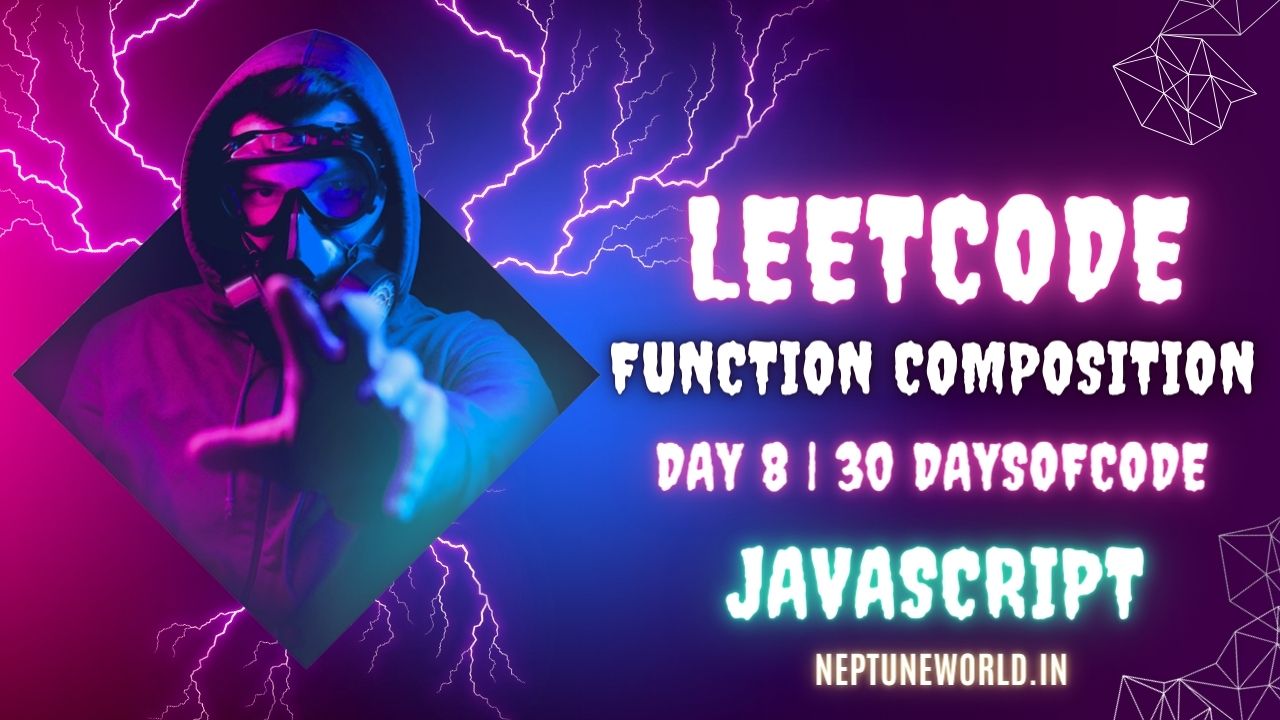 Function Composition | #2629 | LeetCode Solution
Function Composition | #2629 | LeetCode SolutionAuthor: neptune | 09th-Sep-2023
#JavaScript #LeetCode
Given an array of functions [f1, f2, f3, ..., fn], return a new function fn that is the function composition of the array of functions...
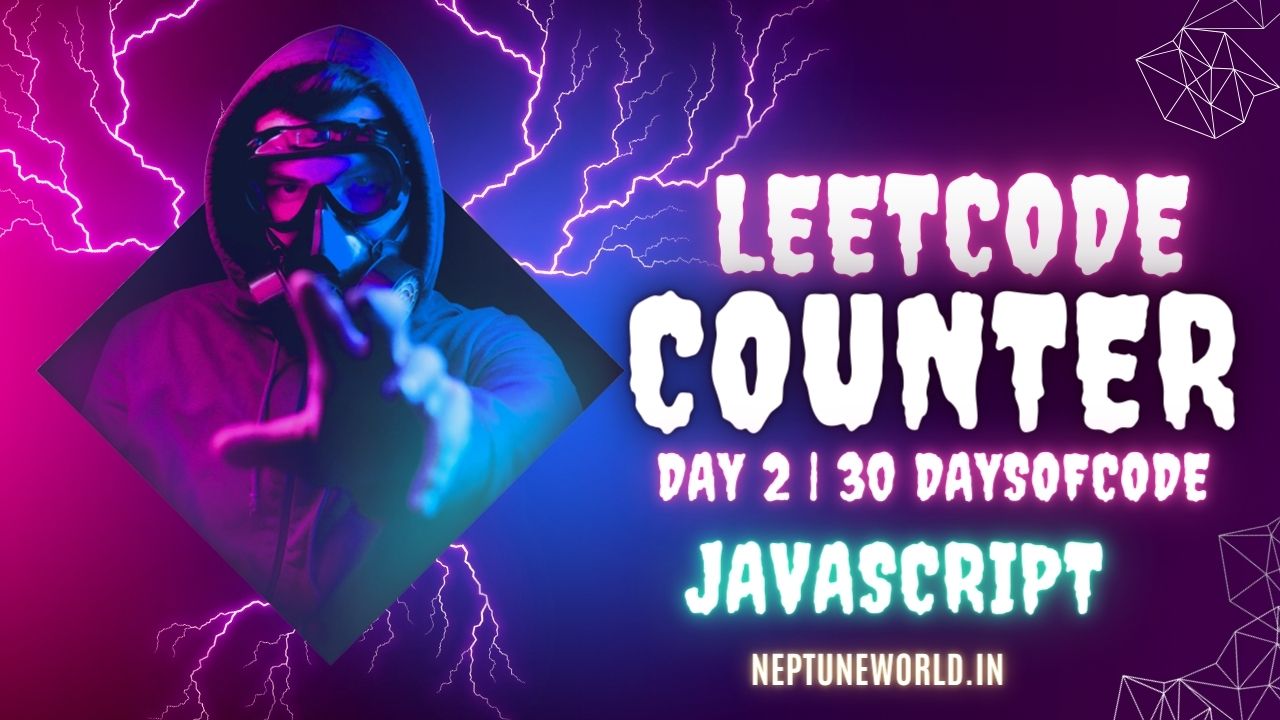 Counter | #2620 | LeetCode Solution
Counter | #2620 | LeetCode SolutionAuthor: neptune | 02nd-Sep-2023
#JavaScript #LeetCode
Given an integer n, return a counter function. This counter function returns n and then n + 1, n + 2, etc...
 Different ways to handle state in React applications
Different ways to handle state in React applicationsAuthor: neptune | 21st-Jun-2023
#JavaScript #React.js
This article explores different ways to manage states in React, including local component state, context API, and state management libraries like Redux...
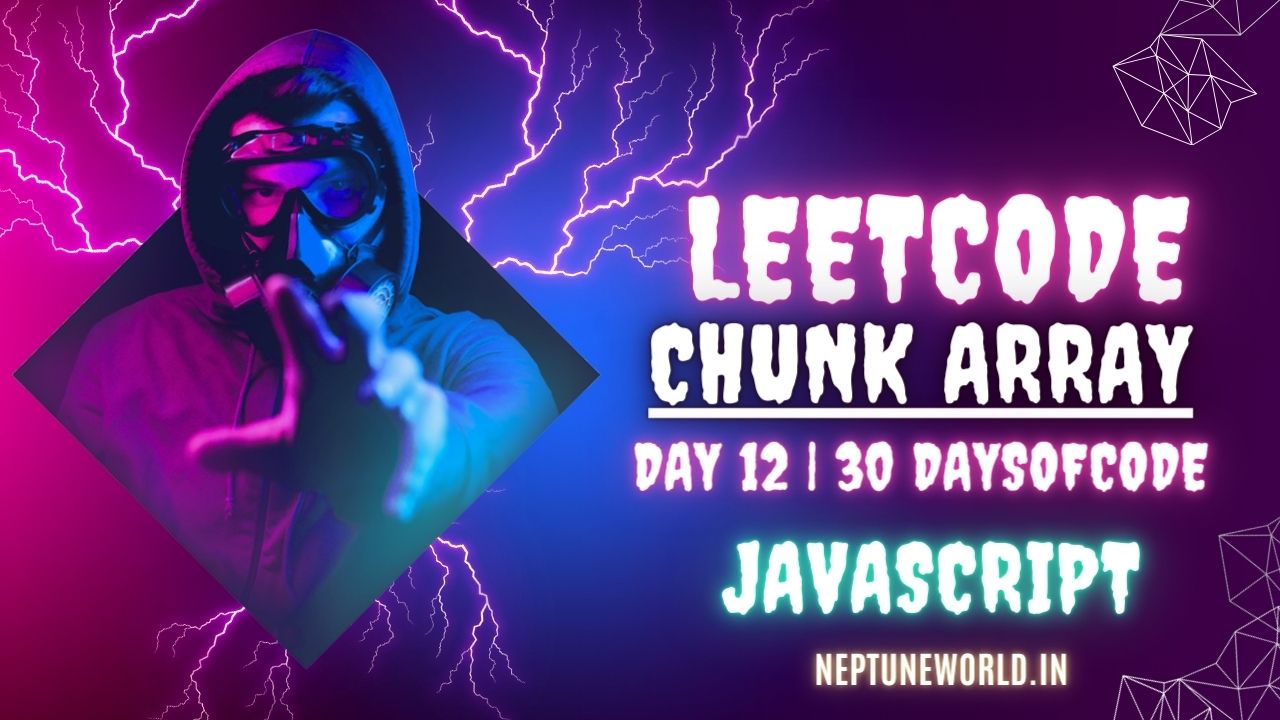 Chunk Array | #2677 | LeetCode Solution
Chunk Array | #2677 | LeetCode SolutionAuthor: neptune | 19th-Sep-2023
#JavaScript #LeetCode
Given an array arr and a chunk `size`, return a `chunked` array...
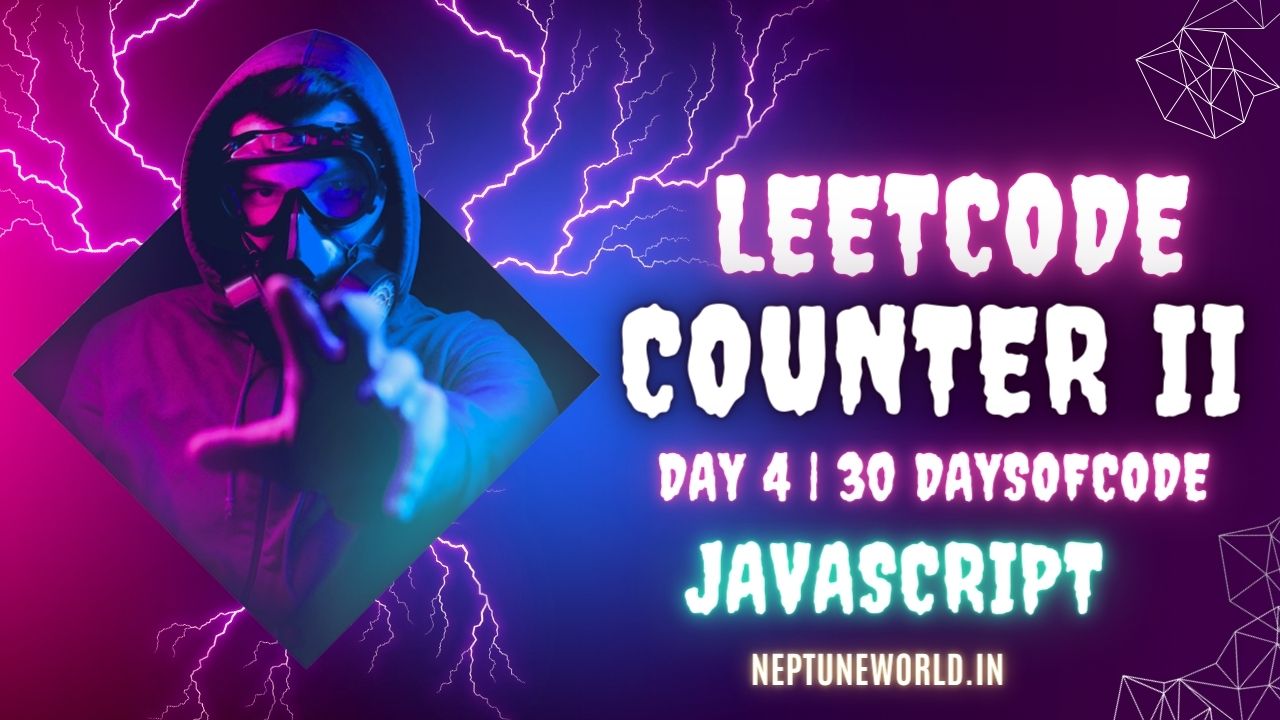 Counter 2 | #2665 | LeetCode Solution
Counter 2 | #2665 | LeetCode SolutionAuthor: neptune | 04th-Sep-2023
#JavaScript #LeetCode
Write function 'createCounter' It accept an initial integer 'init' It should return an object with three functions- increment() , decrement(), reset()...
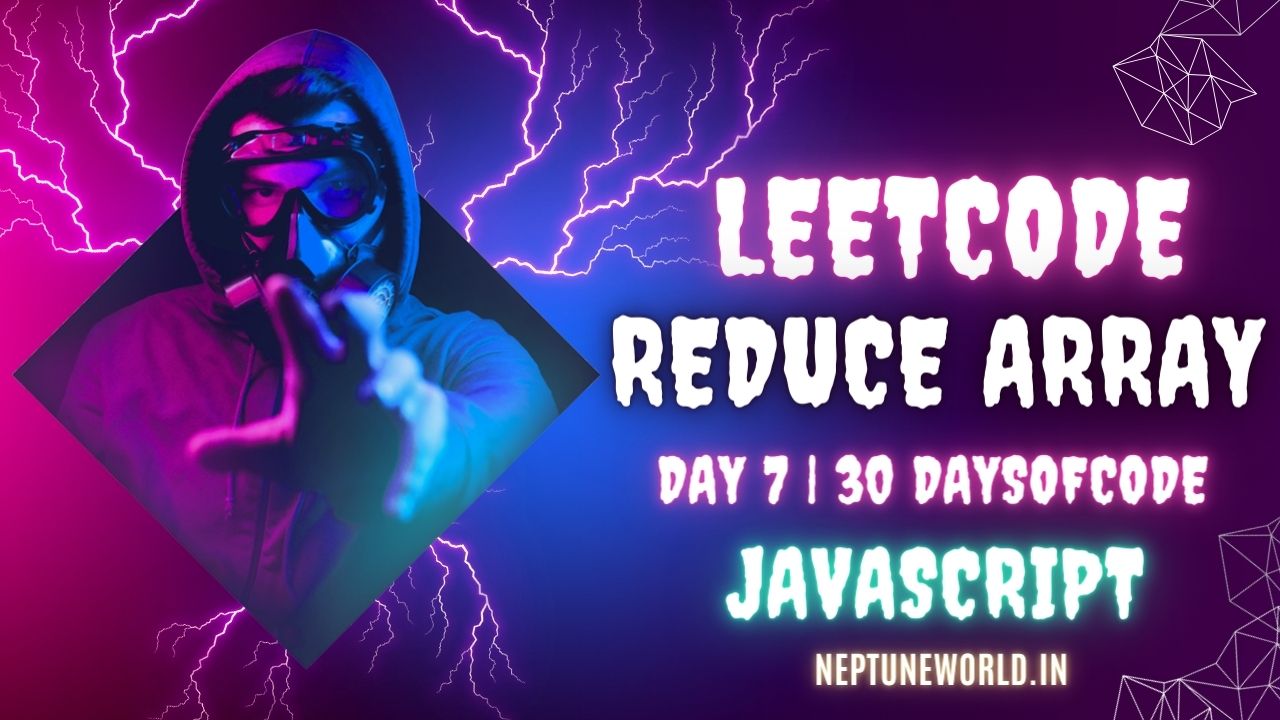 Array Reduce Transformation | #2626 | LeetCode Solution
Array Reduce Transformation | #2626 | LeetCode SolutionAuthor: neptune | 09th-Sep-2023
#JavaScript #LeetCode
Given an integer array `nums` and a reducer function `fn`, and an initial value `init`, return a reduced array...
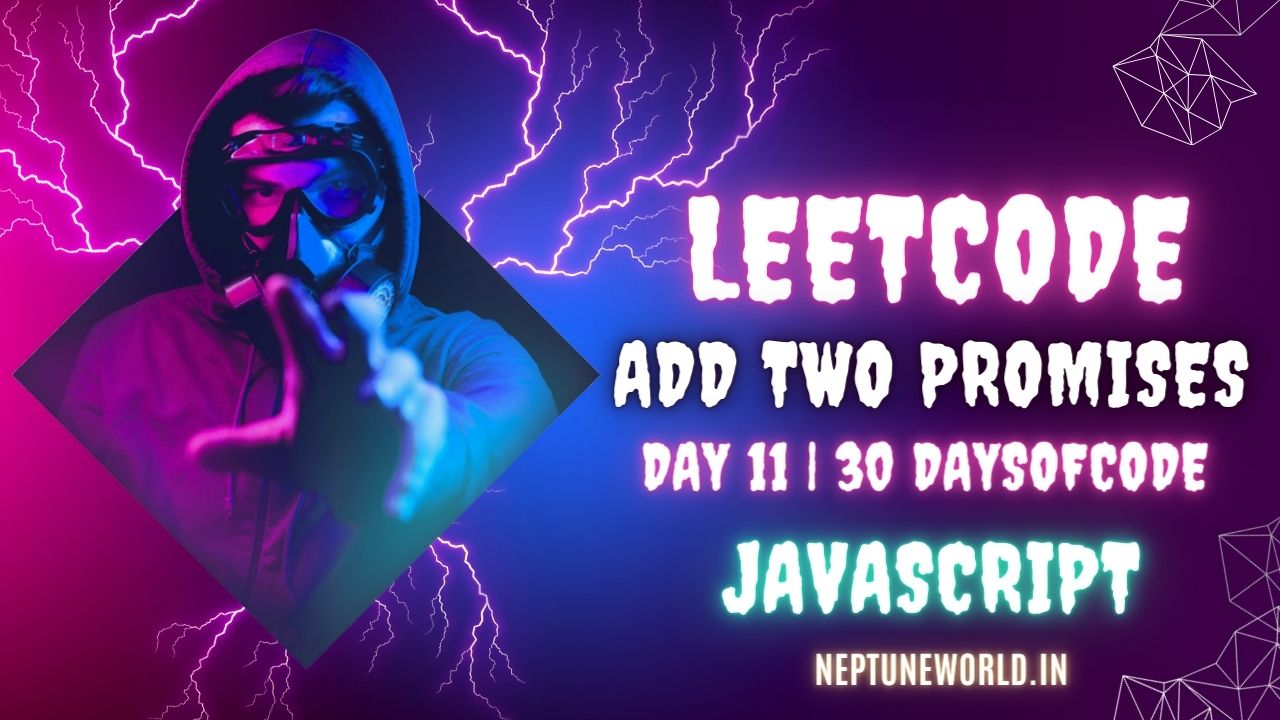 Add Two Promises | #2723 | LeetCode Solution
Add Two Promises | #2723 | LeetCode SolutionAuthor: neptune | 12th-Sep-2023
#JavaScript #LeetCode
Given two promises `promise1` and `promise2`, return a new `promise`. `promise1` and `promise2` will both resolve with a number...
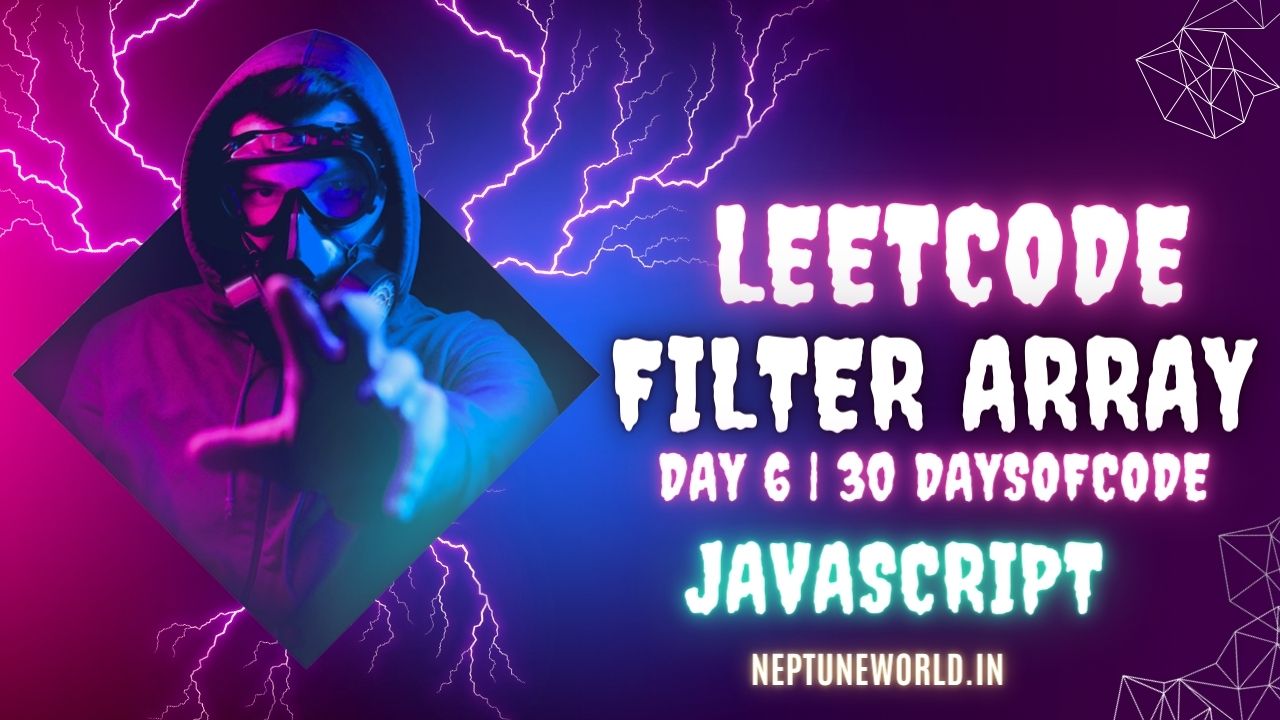 Filter Elements from Array | #2634 | LeetCode Solution
Filter Elements from Array | #2634 | LeetCode SolutionAuthor: neptune | 06th-Sep-2023
#JavaScript #LeetCode
Given an integer array `arr` and a filtering function `fn`, return a filtered array `filteredArr`...
 Arrow Functions in JavaScript | ES6
Arrow Functions in JavaScript | ES6Author: neptune | 26th-Mar-2023
#JavaScript #React.js
In this article, we will explore the syntax and usage of arrow functions in detail, along with some examples...
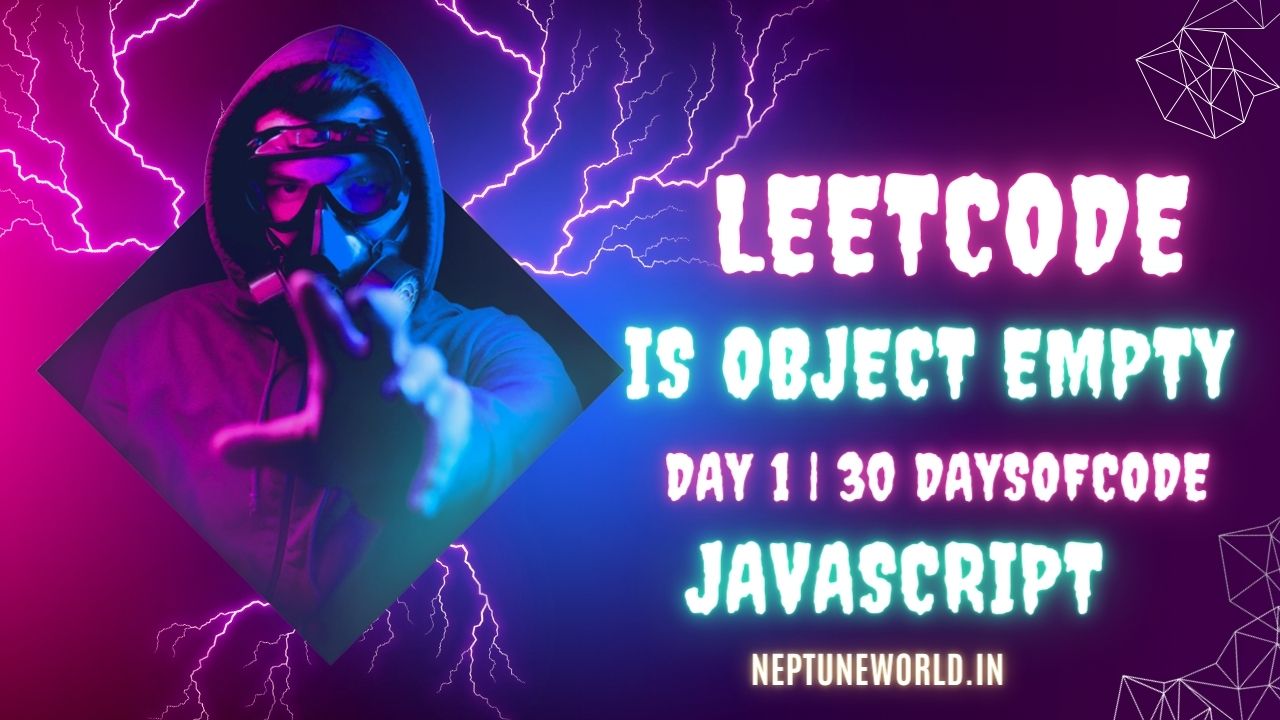 Is Object Empty | #2727 | LeetCode | JavaScript Solution
Is Object Empty | #2727 | LeetCode | JavaScript SolutionAuthor: neptune | 01st-Sep-2023
#JavaScript #LeetCode
Given an object or an array, return if it is empty...
 From REST to GraphQL: The Future of API Design
From REST to GraphQL: The Future of API DesignAuthor: neptune | 25th-Feb-2024
#JavaScript
Unlike traditional REST APIs, GraphQL provides a more flexible and intuitive approach to data querying and retrieval...
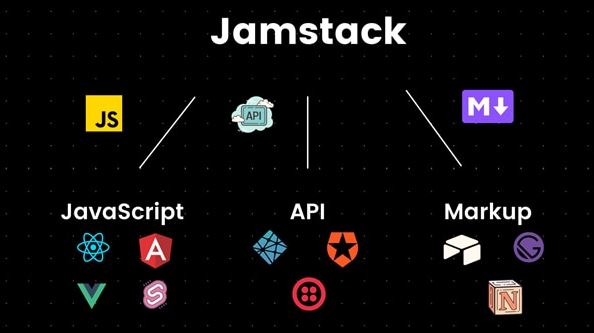 How I Built My Blogging Website Using React, Node.js, and Jamstack Architecture?
How I Built My Blogging Website Using React, Node.js, and Jamstack Architecture?Author: neptune | 31st-Jul-2024
#JavaScript #API
Building a blogging website using React, Node.js, and Jamstack architecture was a rewarding experience...
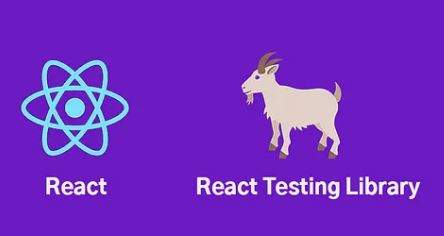 How to Perform Unit Testing in React Components with Examples?
How to Perform Unit Testing in React Components with Examples?Author: neptune | 25th-Jul-2024
#JavaScript #React.js
Unit testing in React is an essential practice to ensure the reliability and robustness of your components...
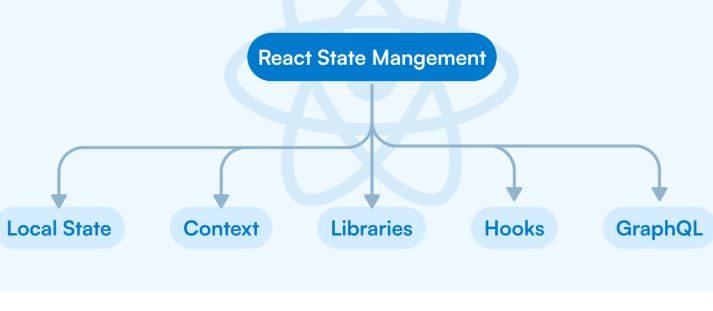 Do you know ! How to manage State in Functional & Class Components in React ?
Do you know ! How to manage State in Functional & Class Components in React ?Author: neptune | 25th-Jul-2024
#JavaScript #React.js
State management in React has evolved significantly with the introduction of Hooks...
 A Guide to Writing Clean, Readable, and Maintainable Code in JavaScript
A Guide to Writing Clean, Readable, and Maintainable Code in JavaScriptAuthor: neptune | 23rd-Feb-2024
#JavaScript
By incorporating these principles into your coding practices, you contribute to creating code that is not only functional but also maintainable and easily understandable by your peers...
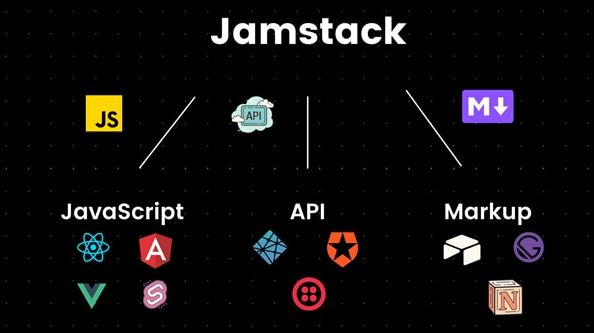 How to Get Started with Jamstack: A Comprehensive Guide?
How to Get Started with Jamstack: A Comprehensive Guide?Author: neptune | 05th-Jul-2024
#JavaScript #API
Getting started with Jamstack involves choosing the right tools, setting up a structured development environment...
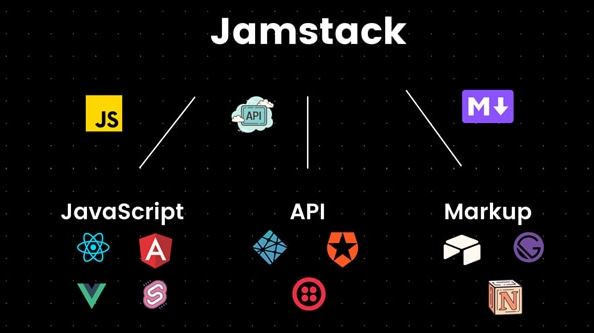 Why, What, and When: Understanding Jamstack?
Why, What, and When: Understanding Jamstack?Author: neptune | 05th-Jul-2024
#JavaScript #API
Jamstack represents a modern approach to web development that addresses many of the challenges faced by traditional architectures...
View More